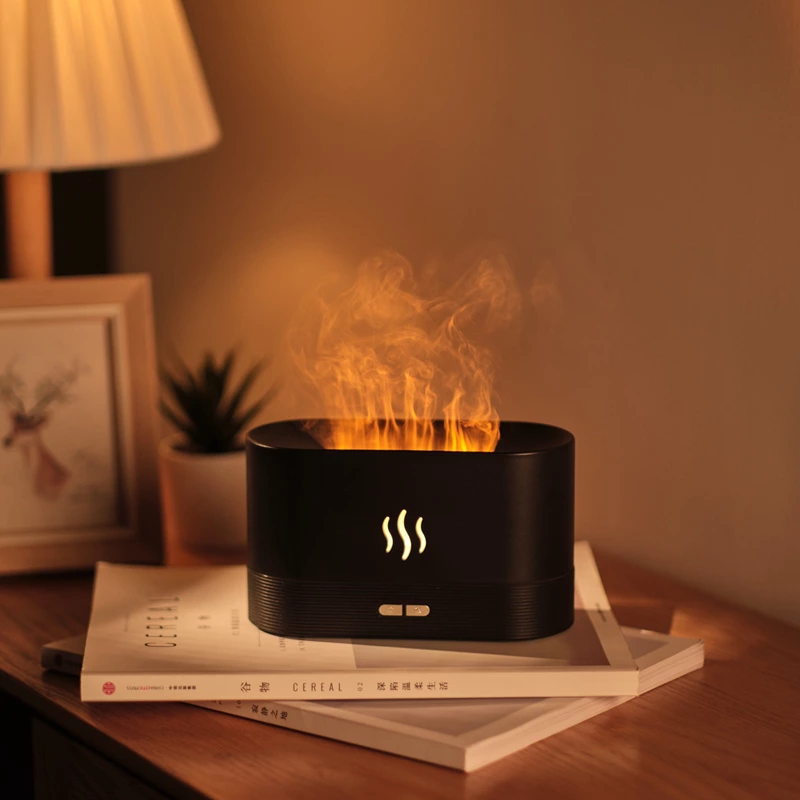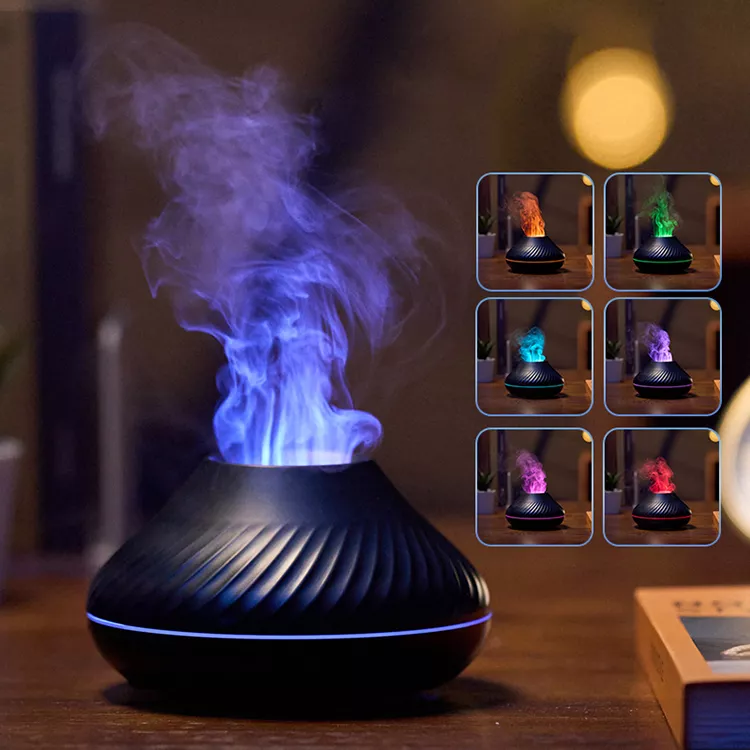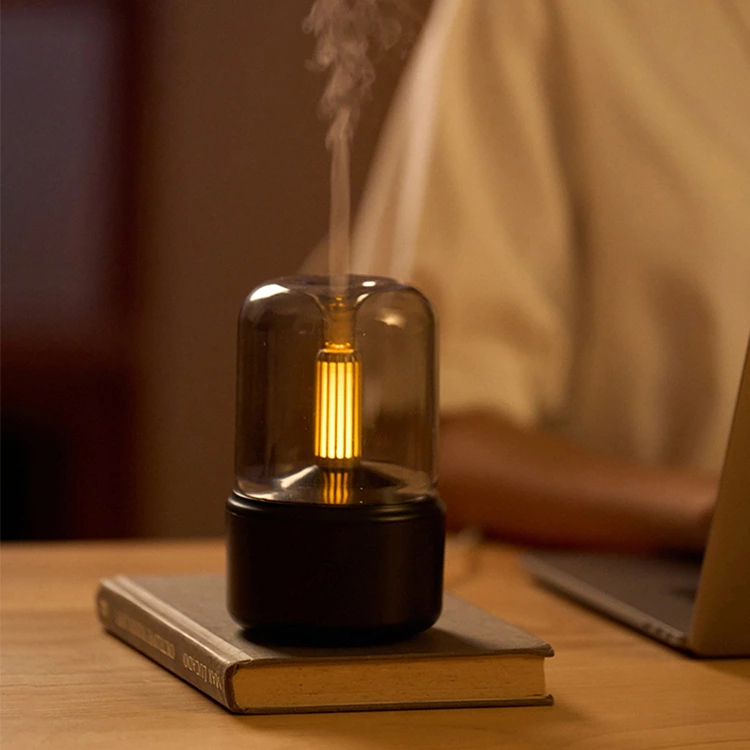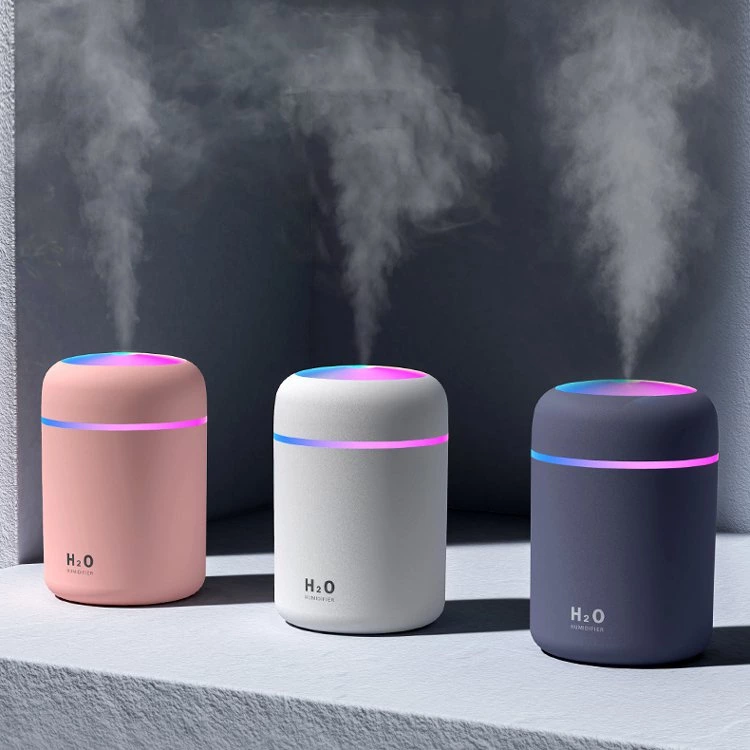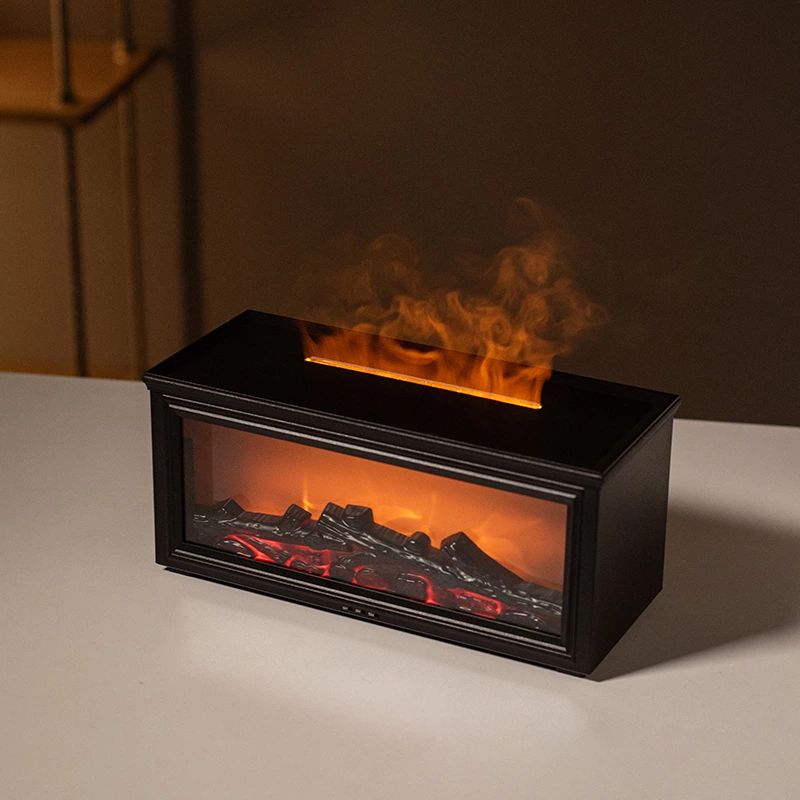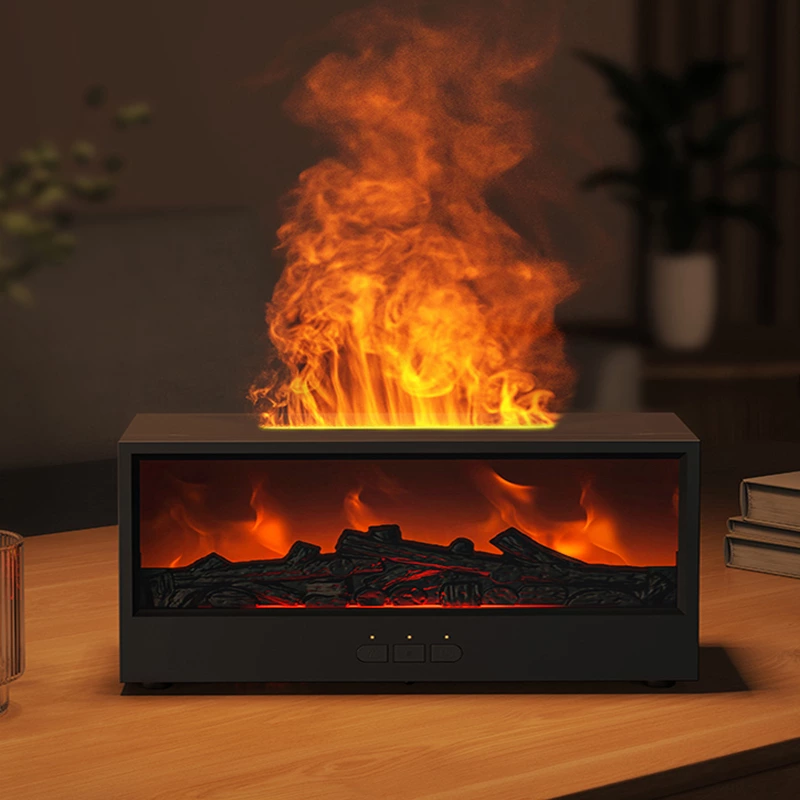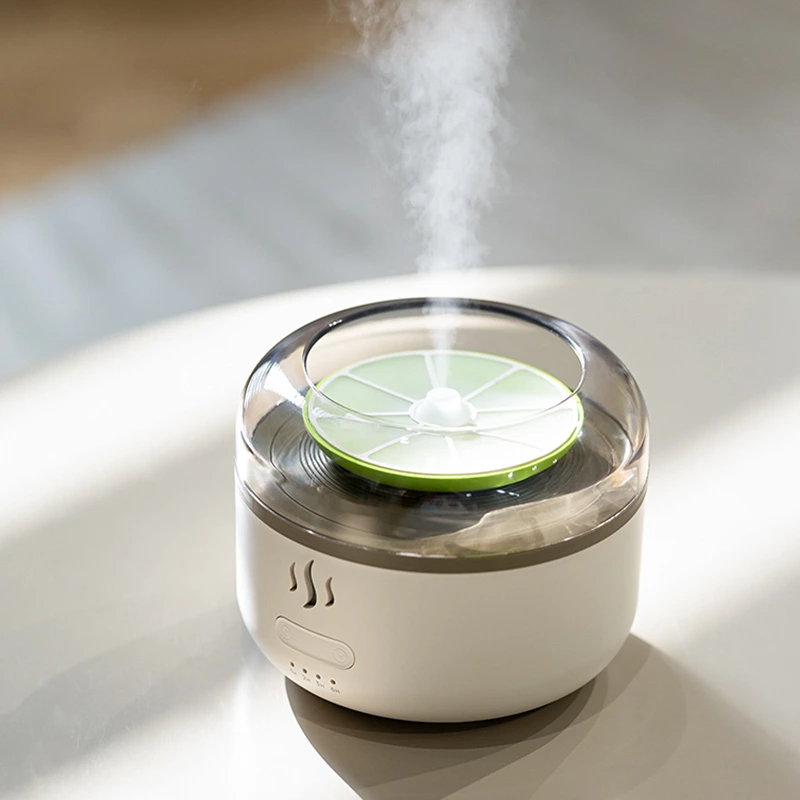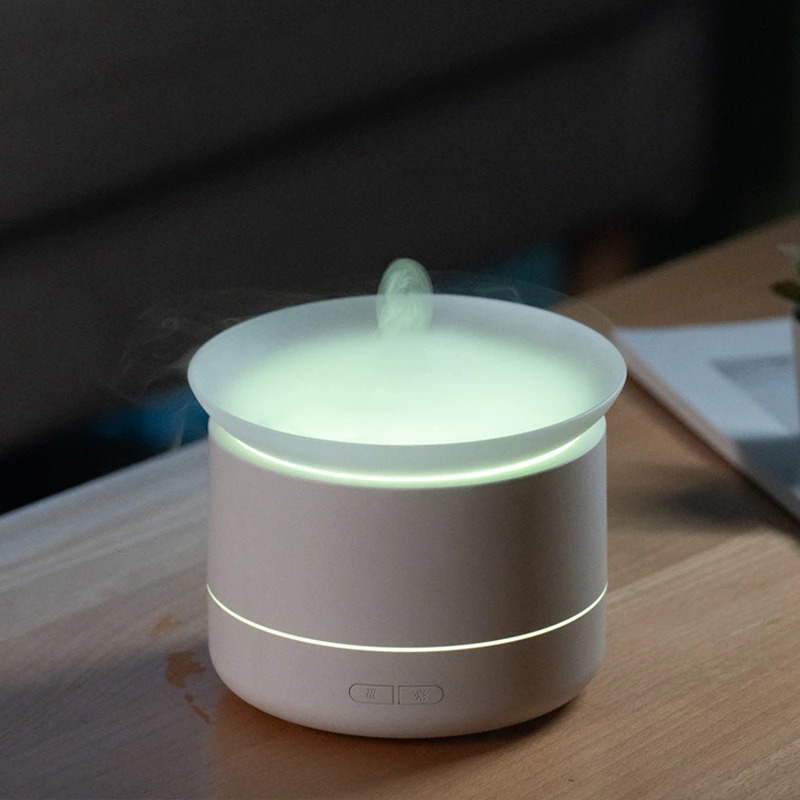How Often Should You Change Your Humidifier Filter, and Can It Harm Your Lungs If You Don’t?
Humidifiers are great for improving indoor air quality, especially during dry seasons. However, the key to keeping your air both clean and healthy lies in regular maintenance, particularly in changing the filter. So, how often should you replace your humidifier filter, and what are the potential risks to your health if you don’t?
How Often Should You Change the Humidifier Filter?
In general, the filter in a humidifier should be replaced every 1 to 3 months, depending on how frequently the humidifier is used and the quality of the water being used. If you live in an area with hard water, mineral deposits may accumulate faster, requiring more frequent filter changes. Manufacturers often provide specific recommendations for filter replacement, so it's a good idea to consult your product manual for guidance.
Some signs that your humidifier filter may need replacing include:
- A noticeable odor from the humidifier
- Reduced mist output or efficiency
- Discoloration or visible mold on the filter
What Happens If You Don’t Change the Filter?
If the filter isn’t changed regularly, it can become a breeding ground for bacteria, mold, and other harmful microorganisms. When the filter becomes clogged with these contaminants, the humidifier can release them into the air, posing several health risks, particularly to your respiratory system.
-
Bacterial Growth:
- Stagnant water and dirty filters are ideal environments for bacteria to grow. When these bacteria are released into the air via the mist, they can cause respiratory infections or worsen existing conditions like asthma or allergies.
-
Mold and Mildew:
- If the filter is not replaced on time, mold and mildew can form on the filter or inside the humidifier. Inhaling mold spores can lead to a condition known as humidifier lung, a type of hypersensitivity pneumonitis. This can cause symptoms like coughing, difficulty breathing, fever, and general respiratory discomfort.
-
Mineral Deposits:
- Using tap water, especially hard water, in your humidifier can lead to the accumulation of minerals in the filter. These minerals can be released into the air as fine white dust, which, if inhaled over time, may irritate the lungs.
-
Poor Air Quality:
- A dirty filter reduces the humidifier’s effectiveness in improving air quality. Instead of dispersing clean, moisture-rich air, it can distribute allergens, bacteria, and other airborne particles that can harm your lungs and overall well-being.
The Impact on Your Lungs
Failing to change the humidifier filter can have a direct impact on your lung health. Breathing in bacteria, mold spores, and other contaminants can cause respiratory irritation and infections. Individuals with compromised immune systems, children, and the elderly are particularly vulnerable. Over time, exposure to unclean air from a poorly maintained humidifier can lead to serious lung issues, such as bronchitis or humidifier fever.
How to Ensure a Healthy Humidifier Environment
- Regular Filter Changes: Stick to a schedule of replacing the filter every 1 to 3 months, or sooner if necessary.
- Use Distilled Water: To reduce the buildup of minerals and contaminants, use distilled or filtered water in your humidifier.
- Clean the Humidifier Frequently: Regular cleaning prevents bacteria and mold from building up inside the device. Follow the manufacturer's cleaning instructions to ensure proper care.
- Monitor Air Quality: Pay attention to any changes in your indoor air quality or respiratory health, and take action immediately if you suspect the humidifier is contributing to the problem.
Conclusion
Changing your humidifier filter regularly is crucial to maintaining both the efficiency of the device and the quality of the air you breathe. Neglecting filter replacements can lead to the release of harmful bacteria and mold into the air, posing serious risks to your lungs and overall health. By following proper maintenance routines, you can ensure your humidifier enhances your indoor air quality without introducing harmful pollutants.

